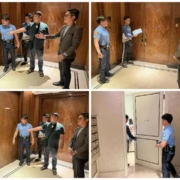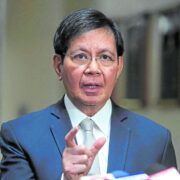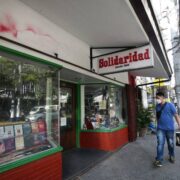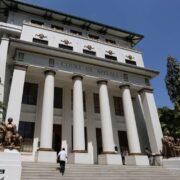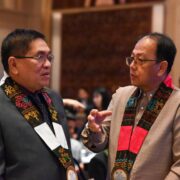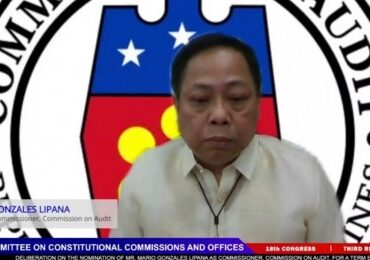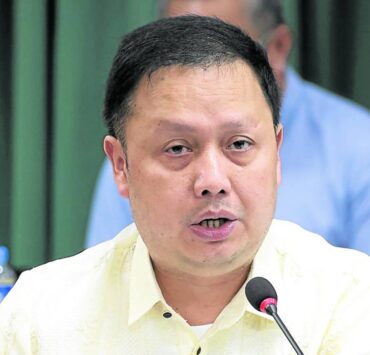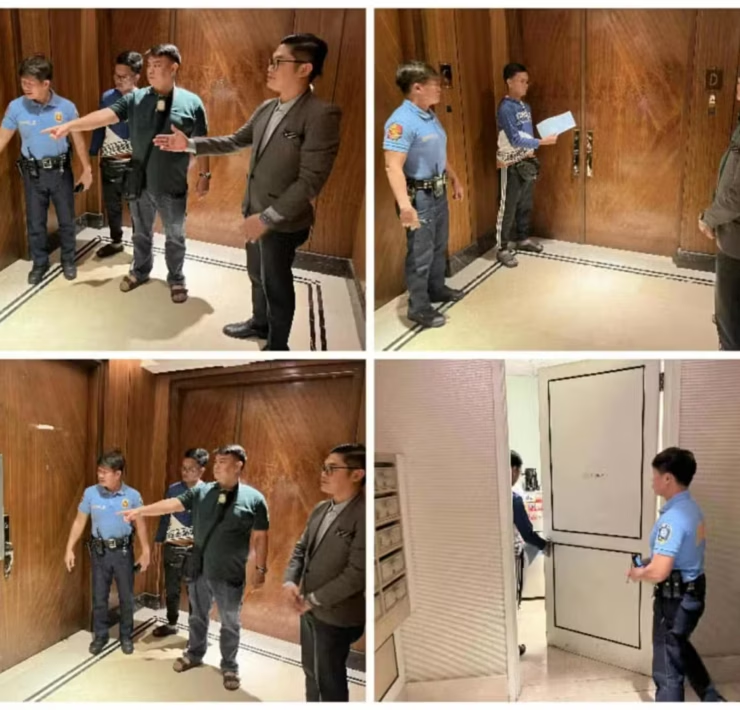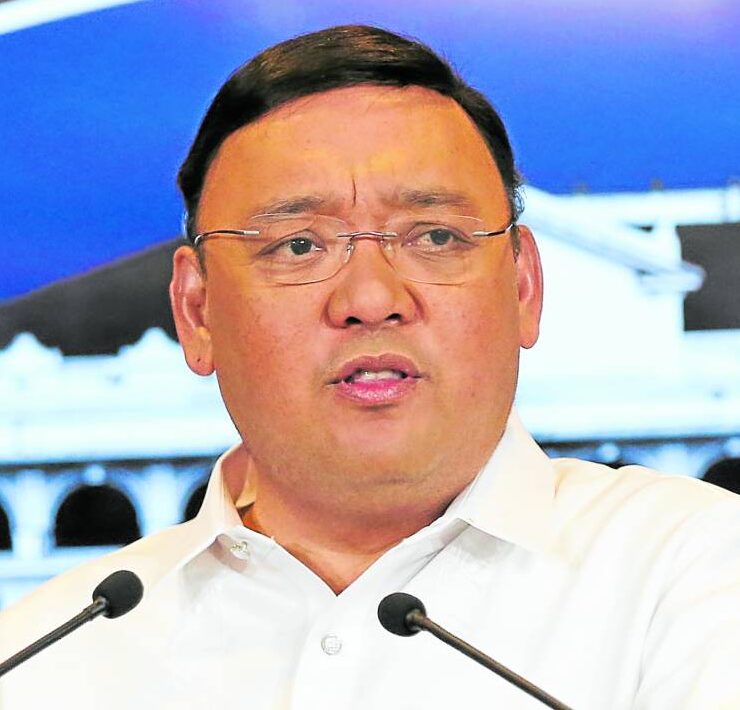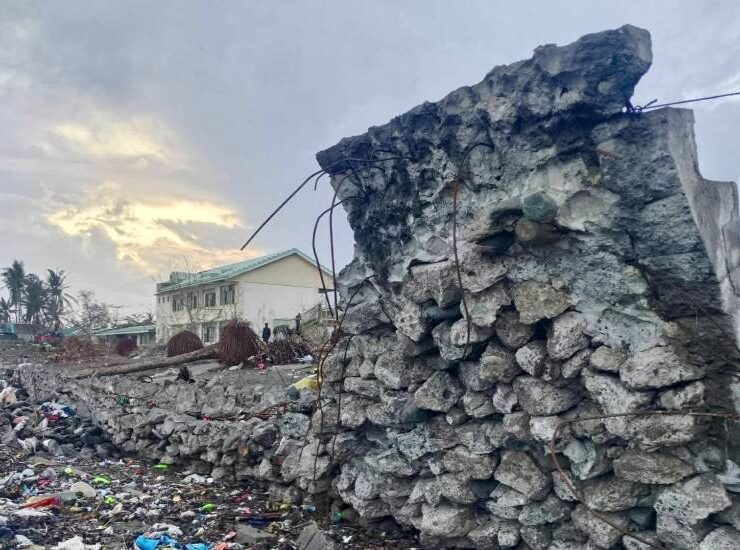Ex-finance chief: Phase out P500, P1K bills to deter graft
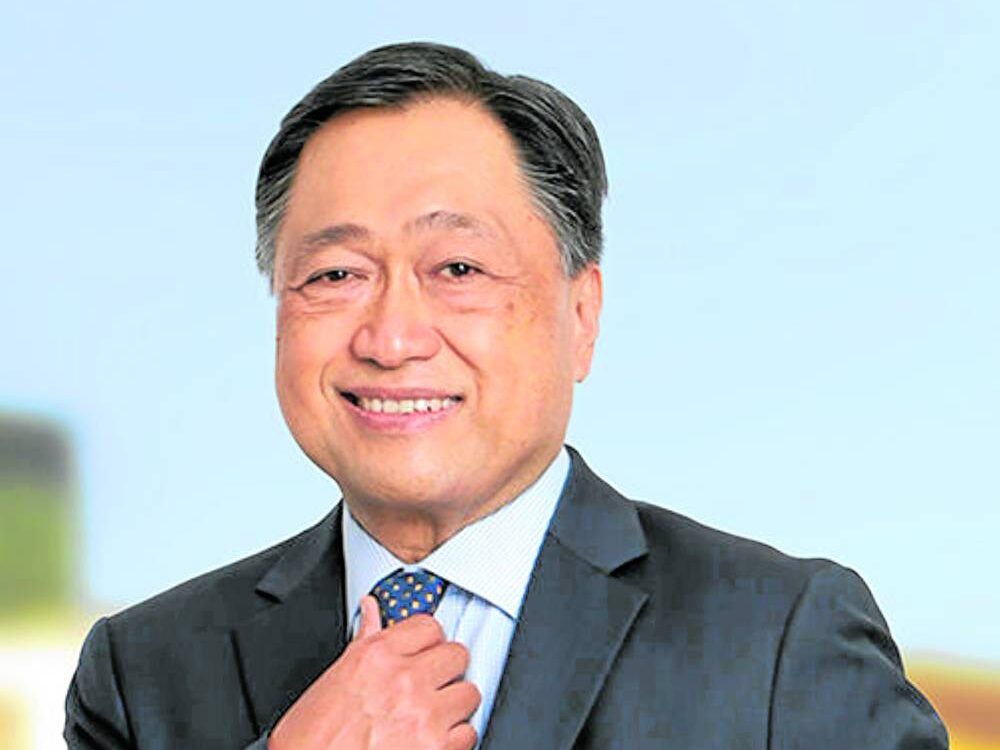
How to deter graft and the theft of people’s money? A former finance chief is proposing a novel safeguard: Demonetize P500 and P1,000 bills, since smaller denominations would make it harder for corrupt officials to stash or move illicit cash.
In a social media post, Cesar Purisima, who served as finance secretary during the administration of the late President Benigno Aquino III, suggested lowering the highest circulating bill to P200, arguing that the physical burden of moving large sums would serve as a deterrent against corruption in public office.
His suggestion followed explosive testimony in the Senate where two former engineers from the Department of Public Works and Highways (DPWH) claimed that roughly P1 billion in cash were once delivered to a lawmaker accused of graft.
The money, they said, was packed into more than 20 suitcases and ferried in six to seven vans to the penthouse of Ako Bicol Rep. Zaldy Co at a five-star hotel in Taguig City.
Co, who has been linked to irregularities in flood control projects, has denied wrongdoing.
‘Sheer impracticality’
“Now imagine if the largest bill in circulation were only P200. That same P1 billion would have needed 100 suitcases, a convoy of vehicles, and a warehouse just to store the cash,” Purisima said. “The sheer impracticality would make this kind of corruption much harder to hide.”
The former finance chief earlier called on policymakers to adopt tougher curbs on cash transactions. He warned that the country’s reliance on envelopes and bags of banknotes has made it easier for corruption to thrive.
The Bangko Sentral ng Pilipinas (BSP) later issued a new regulation limiting over-the-counter cash withdrawals to P500,000 a day, as part of efforts to reduce money laundering risks tied to large-value transactions.
BSP’s ‘response for now’
Asked about Purisima’s latest proposal, the central bank said the new withdrawal cap was its “response for now” to illicit activity involving large-value cash.
Purisima said other countries have made similar moves before, though he acknowledged that limiting the highest denomination may bring short-term pain for small businesses and ordinary citizens. For that reason, he said this policy could be complemented with a six-month window for the public to exchange their P1,000 and P500 bills.
“This isn’t foolproof. Corruption will always look for ways to adapt. But it will raise the cost, the risk, and the logistical difficulty of hiding and moving dirty money,” Purisima said.
“It will also force billions currently stashed in vaults, basements, under beds and closets back into the banking system where accountability can reach it,” he added.
Go cashless, digital
In a earlier post, Purisima had proposed a five-point program centered on moving away from cash transactions to help curb corruption.
“The recent corruption scandals in the [DPWH] have once again laid bare a systemic weakness in the Philippines’ fight against graft: the role of cash,” he wrote.
“Bribes, kickbacks and under-the-table deals thrive in cash precisely because it is untraceable, untaxed and invisible to regulators. As long as cash remains king in illicit transactions, corruption will always find a way,” he added.
Purisima proposed that the government should set limits on high-value cash transactions, following the European Union’s example where cash payments are capped at €10,000, thus “forcing large transactions into the banking system where they leave an audit trail.”
Large cash withdrawals should be automatically reported, he said, because while “the Anti-Money Laundering Act already requires suspicious transaction reporting… cash withdrawals remain a blind spot.”
Aside from reducing the largest peso denominations in circulation, Purisima also proposed that regular demonetization cycles be conducted, “say every seven to 10 years… [to] prevent illicit cash from sitting safely in vaults indefinitely.”
Finally, the Philippines should shift away from cash and go digital especially in government procurements, he said, to “ensure transactions are auditable, transparent and far harder to manipulate.”


